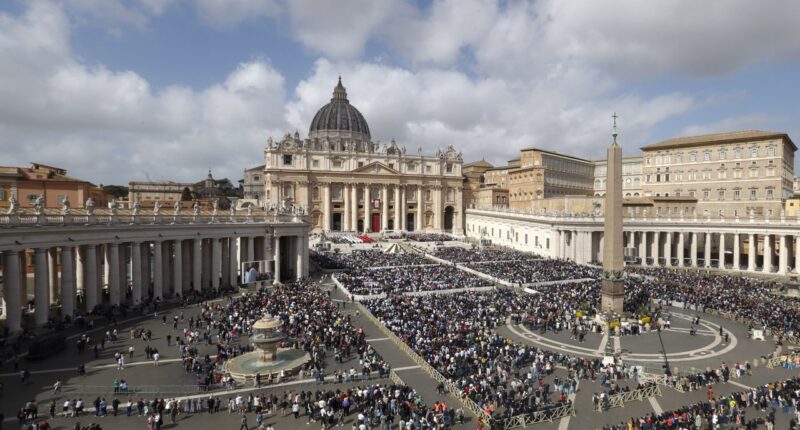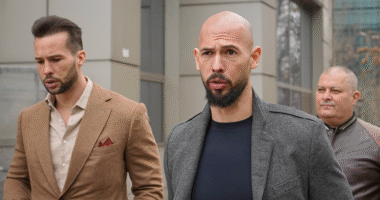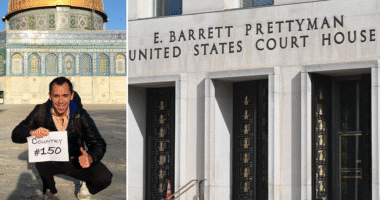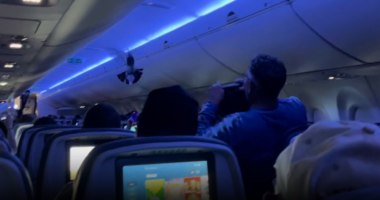The head of the Roman Catholic Church does not receive a conventional salary. Instead, the Vatican covers the pope’s expenses, such as housing, food, transportation, and other needs, through stipends and allowances.
The Vatican, known as “the world’s smallest country,” sustains itself through “an economy that depends on a mix of donations, private businesses, and investments to generate income,” as stated by Investopedia.
Pope Francis refused to accept any salary when he assumed his position in 2013, according to a report by The Economic Times from February. The report also mentioned that at that time, the pope’s total worth was estimated at “about $16 million, comprising various assets given to him as the pope.”
The Vatican’s financial situation has been in peril for years, with its annual operating deficit growing to over $90 million in 2023, according to reports. In November, Pope Francis warned that the Vatican’s pension fund — which provides pensions to employees of the Holy See and Vatican City State — has been facing a “severe prospective imbalance” that “tends to grow over time in the absence of interventions,” according to the Vatican News.
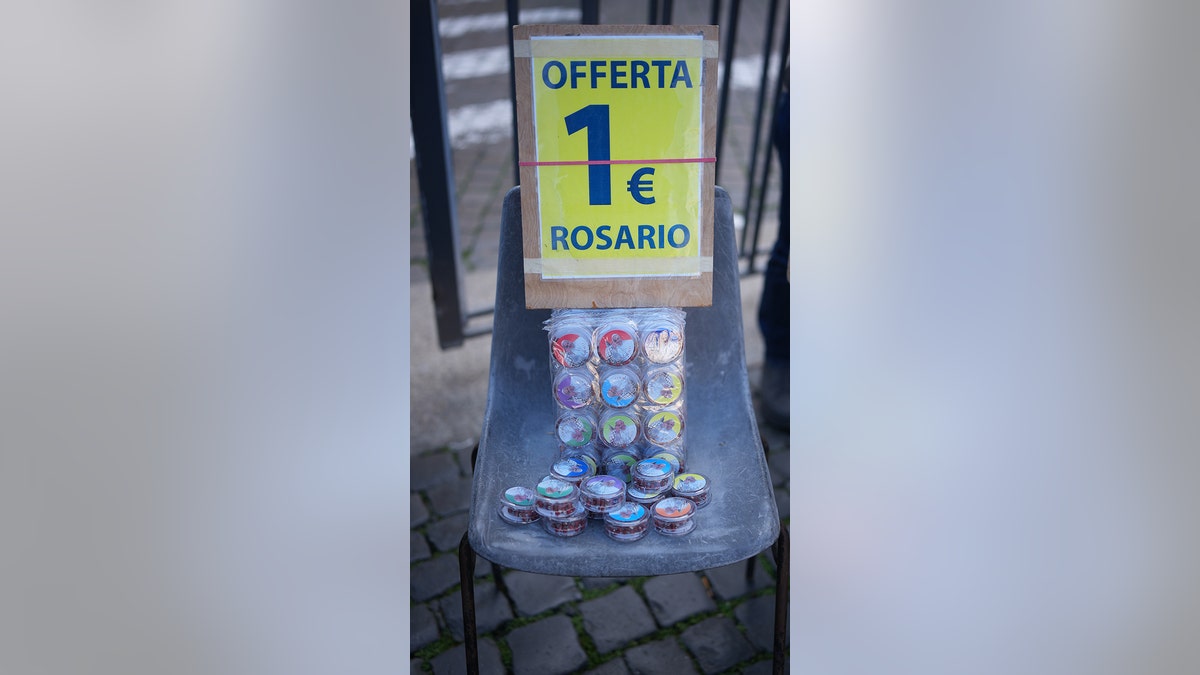
Rosary beads depicting Pope Francis were offered for one euro on March 17, 2025, in Vatican City, Vatican. (Christopher Furlong)
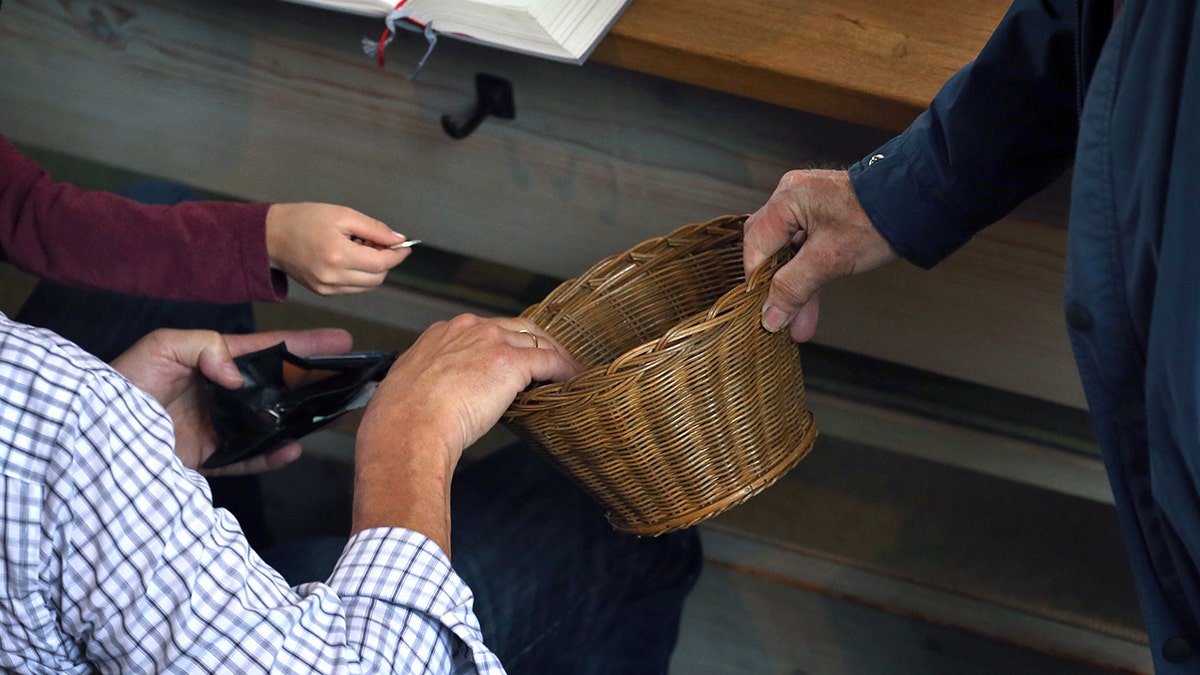
A young visitor of a Catholic Church service donates money into a basket handed around in Bavaria, Kaufbeuren, in July 2019. ( Karl-Josef Hildenbrand/picture alliance)
Fox News Digital reached out to the Vatican and United States Conference of Catholic Bishops for more information about how the pope gets paid, but did not immediately hear back.
